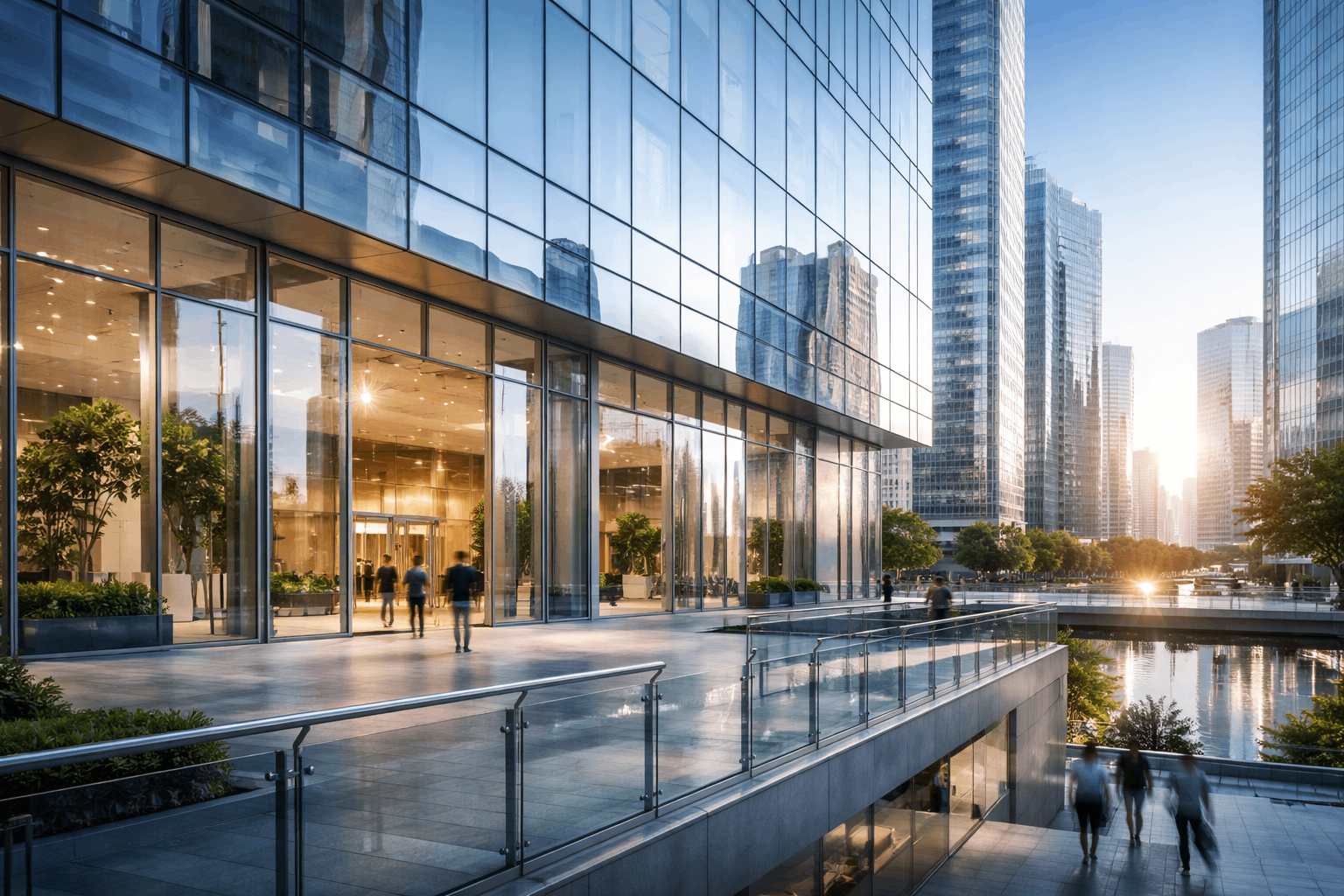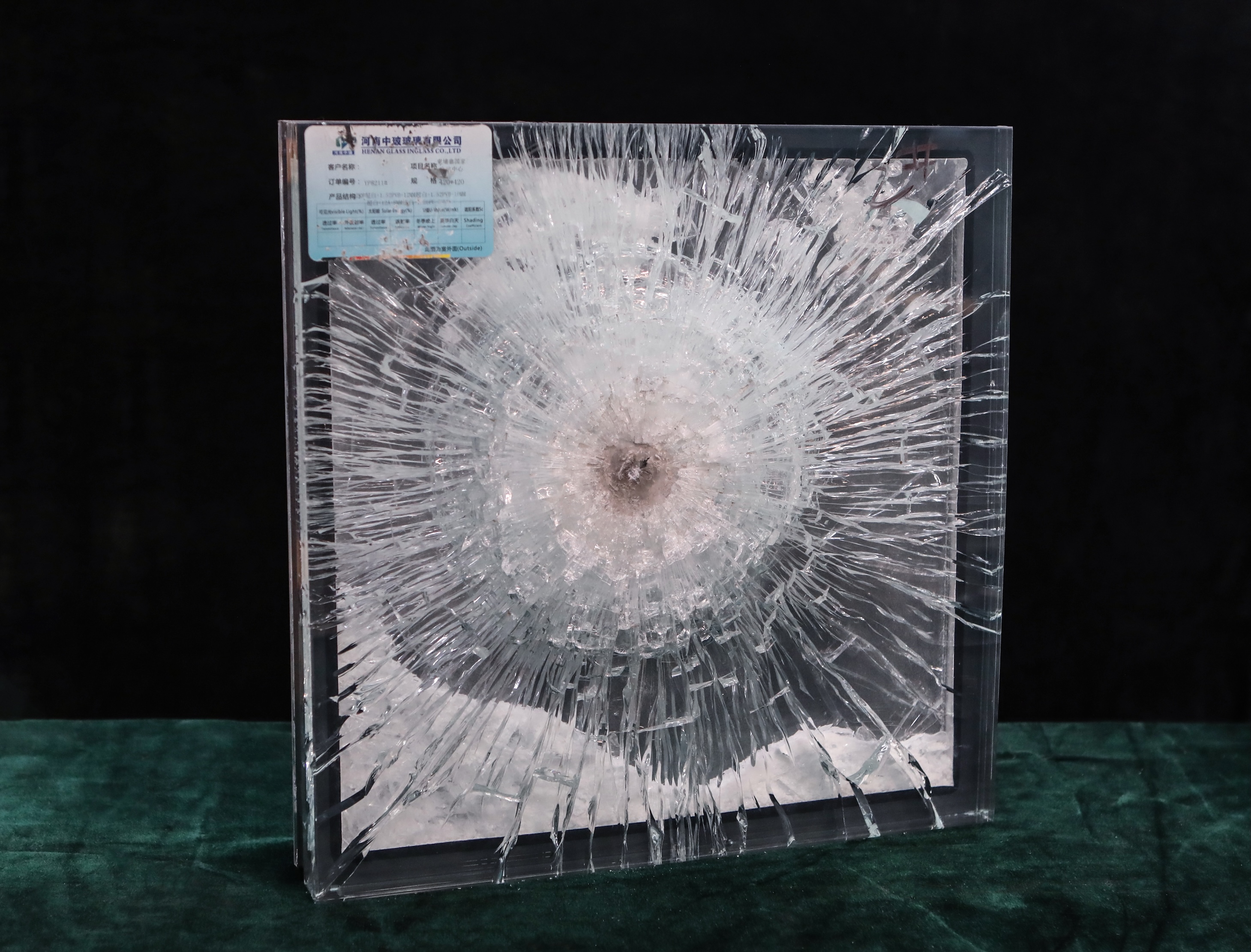Step-by-Step Guide to Creating Custom Landscape Architecture Models That Impress Clients and Stakeholders
In the competitive world of real estate, urban planning, and exhibition design, landscape architecture models are essential tools for visualizing projects, communicating design intent, and impressing clients. High-quality models not only showcase the physical layout but also reflect a company’s professionalism, attention to detail, and design capabilities.
Shengqian Tech specializes in the design and production of high-end display sandtable models, providing custom solutions for residential, commercial, tourism, and urban planning projects, as well as government and enterprise exhibition halls. With a focus on independent innovation, superior quality, and impeccable service, Shengqian Tech helps clients create models that truly stand out.
This step-by-step guide will walk you through the process of creating custom landscape architecture models that effectively impress clients and stakeholders, combining practical strategies with insights from Shengqian Tech’s expertise.
Step 1: Define the Project Scope and Objectives
Before beginning any model, clearly define:
-
Project type: Residential, commercial, tourism, or urban planning
-
Purpose of the model: Marketing, client presentations, investor approval, or exhibition display
-
Scale and level of detail: Macro urban layouts versus detailed residential or commercial features
At Shengqian Tech, each project starts with a thorough consultation to understand the client’s goals. This ensures that the model not only looks impressive but also communicates the right message to stakeholders.
Step 2: Gather Accurate Data and References
Accuracy is crucial for credible landscape architecture models. Collect:
-
Architectural plans and CAD drawings
-
Topographical surveys and site maps
-
Photographs, renderings, and reference images
Shengqian Tech utilizes advanced design software and CAD integration to convert these inputs into precise 3D models, ensuring every detail matches the real-world project.
Step 3: Choose the Right Model Materials
Material selection influences visual impact, durability, and presentation quality. Options include:
-
High-quality resin and acrylic for clear structures and detailed elements
-
Foam and wood composites for topography and structural stability
-
PVC, metal, or eco-friendly materials for premium or sustainable presentations
Shengqian Tech continuously develops innovative materials that balance aesthetic appeal and structural integrity, meeting high-end display requirements across various industries.
Step 4: Design the Layout and Detailing
Effective landscape architecture models require strategic layout and realistic detailing:
-
Buildings and structures: Accurate in scale and proportion
-
Green spaces and water features: Realistic textures, colors, and placement
-
Roads and pathways: Proper alignment and traffic flow representation
-
Lighting and accessories: Highlight key areas and create visual depth
Shengqian Tech’s team of experienced designers integrates cutting-edge modeling techniques to ensure models are both visually striking and functionally accurate.
Step 5: Incorporate Branding and Custom Elements
Custom models can reinforce a client’s brand or project identity:
-
Company logos or signage integrated into the model
-
Unique project identifiers such as custom terrain features, landmarks, or architectural highlights
-
Interactive elements like removable sections or LED lighting
Shengqian Tech specializes in creating high-end display sandtable models with tailored branding, helping developers and planners leave a lasting impression on clients and stakeholders.
Step 6: Assemble Prototypes and Conduct Review
Before full-scale production, create a prototype to evaluate:
-
Accuracy and realism of buildings, landscape, and textures
-
Visual impact from different viewing angles
-
Ease of assembly, transport, and display
Shengqian Tech provides sample prototypes for client review, ensuring the final model meets both aesthetic and functional expectations.
Step 7: Final Production and Quality Assurance
High-end landscape architecture models require meticulous attention during production:
-
Multi-layered assembly for complex structures
-
Precise painting and surface finishing
-
Integration of lighting, signage, and additional display features
-
Consistent quality checks throughout the production process
Shengqian Tech’s quality control protocols ensure that every model reflects premium craftsmanship, maintaining consistency across large and small-scale projects.
Step 8: Packaging, Transport, and Installation
For high-value models, safe packaging and transport are critical:
-
Custom protective cases to prevent damage
-
Modular assembly for ease of installation at exhibitions or offices
-
On-site setup support to ensure perfect alignment and presentation
Shengqian Tech provides turnkey solutions, including logistics, installation guidance, and maintenance support, guaranteeing models arrive in pristine condition.
Step 9: Gather Feedback and Optimize
Post-delivery, collect feedback from:
-
Clients and stakeholders regarding model presentation
-
Exhibition visitors or marketing teams regarding visual appeal
-
Project managers regarding functional use of the model in presentations
Continuous feedback allows for refinements and improvements in future models, helping clients maintain a competitive edge.
Step 10: Stay Ahead with Innovation
The landscape architecture modeling industry is evolving rapidly:
-
3D printing and laser cutting for faster prototyping
-
Sustainable and eco-friendly materials for modern expectations
-
Digital integration with augmented reality or interactive displays
Shengqian Tech emphasizes independent innovation, keeping clients ahead of trends and ensuring models remain cutting-edge and highly effective for real estate, urban planning, and exhibition applications.
Conclusion
Creating custom landscape architecture models requires a careful balance of accuracy, aesthetics, and functionality. By following this step-by-step guide, businesses and planners can produce models that impress clients and stakeholders, enhance presentations, and support marketing and development efforts.
Shengqian Tech, with its expertise in high-end display sandtable models, offers comprehensive solutions that integrate design, production, and service excellence. From small-scale projects to large exhibition halls, Shengqian Tech ensures every model delivers precision, visual impact, and client satisfaction.
www.shengqiantech.com
Sichuan Shengqian Technology Co., Ltd.

